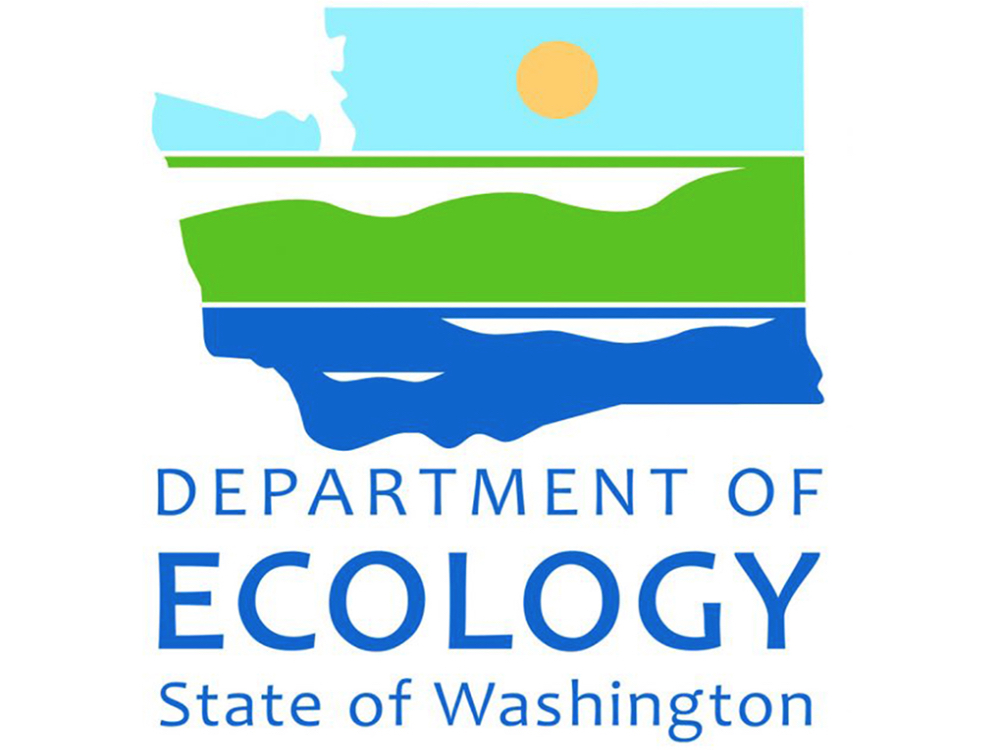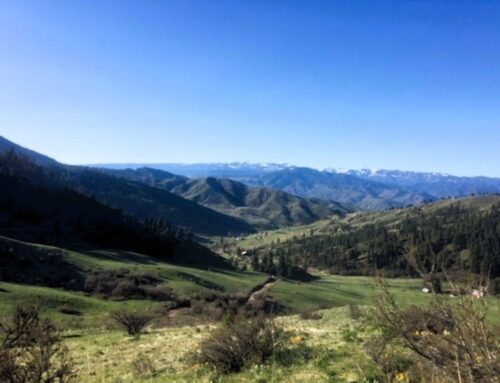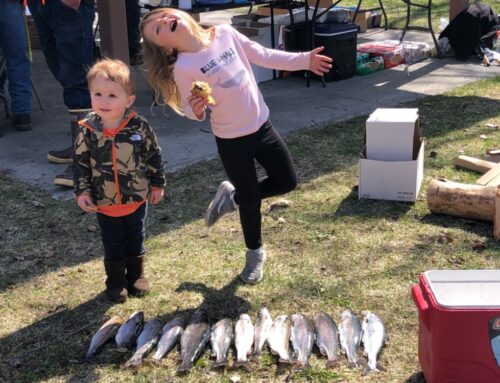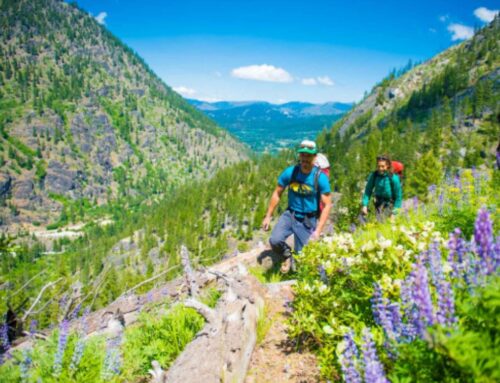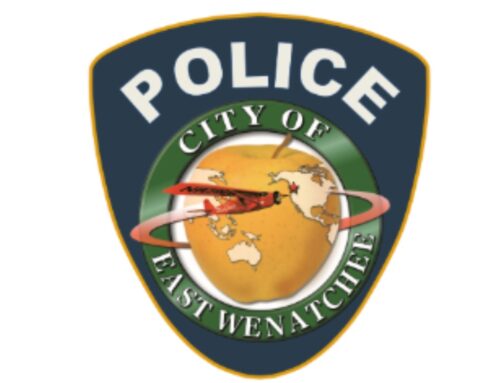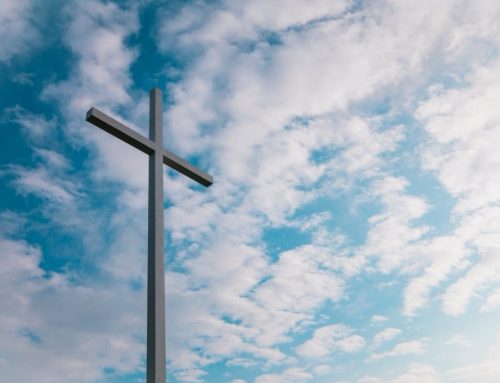Proposal includes fee changes for construction and industrial stormwater, municipal wastewater, and large livestock operations
information released
The fees paid by the 6,800 water quality permittees in Washington state are undergoing a revision. After reviewing more than 60 permit fee categories, the Department of Ecology is proposing updates that will make fees more equitable between categories and better align with the future costs of administering water quality permits.
The water quality permitting program protects state waters by managing when, where, and how stormwater and treated wastewater enters the environment. Ecology is required by law to recover the costs of administering the permit program by collecting annual permit fees.
Ecology made minor updates to the rule in 2021, but opted to put permit fee increases on hold in response to the financial burdens faced by many communities and businesses during the pandemic.
Based on feedback from permittees, interested parties and an advisory group, Ecology is focusing the updates on a few permit fee categories that need more significant revisions, including Construction and Industrial Stormwater, Concentrated Animal Feeding Operation, and Municipal Wastewater.
General updates to the rule include:
- Adjust permit fees to match the projected costs of running the permit program
- Clarify and update definitions in the rule
- Establish a minimum permit fee of $150
- Round all permit fees for easier calculation and billing
While the majority of permit fees will increase under the proposed changes, most permittees would see an increase of less than $100 in their annual fee. Ecology estimates that 1,300 permittees would not have their fees change at all, and some would see a decrease in fees.
Specific permit fee updates include:
Construction and industrial stormwater
- Creating additional tiers for both permit fee types, to recognize the wide range of project sizes and the resources required to oversee permits for larger projects.
- For the Construction Stormwater fee, establish a new tier for projects under one acre, and several tiers for projects over 20 acres, to better reflect the potential stormwater impacts from these projects and the wide range of project sizes.
- For Industrial Stormwater, there is a new tier for small businesses and several tiers for businesses with a gross revenue over $10 million. Currently, the tiers top out at $10 million or greater and 60% of industrial permittees report a gross revenue over $20 million
Concentrated Animal Feeding Operation (CAFO)
- Updating the fee structure to align with the U.S. Environmental Protection Agency’s (EPA) definitions for small, medium, and large CAFOs. Ecology heard feedback that the state’s current fee basis is confusing, with requests to align with EPA’s definitions.
- Using EPA’s definition will improve the transparency of the fee calculation and may lead to increased fees for some permittees. Using EPA’s definition does not change what types of operations are covered under Ecology’s permit.
- The majority of CAFOs permitted by Ecology are dairies. The fee for dairies is limited in statute by an annual not-to-exceed fee and a fiscal growth factor. Ecology cannot propose changes to how this fee is calculated. The agency is proposing to update the fee for dairies based on the fiscal growth factor.
- CAFO permit fee focus sheet
Municipal Wastewater
- As directed by the Legislature in 2022, Ecology worked with a Wastewater Permit Fee Advisory committee to develop a plan for how to equitably account for increased permit costs and address the state’s municipal permit backlog.
- Ecology is proposing to update the permit fee based on the committee’s recommendations, increasing the fee from $0.18 per residential equivalent per month, which has remained unchanged since 2009, to $0.29 per month. This equates to an annual rate of $3.43.
- Ecology is also proposing to establish a minimum fee of $250 for municipal wastewater permits.
- Municipal wastewater permit fee focus sheet
Extreme Hardship Fee
- A new Hazardous Waste Extreme Hardship Fee reduction is proposed for permit holders who still have a permit for clean-up purposes, but are no longer operating a business at the site.
Provide input
Ecology is accepting public comments on this rule through May 12, 2023.
Submit comments online, by mail, or at a public hearing:
- Comment online
- Mail to:
Ligeia Heagy
Department of Ecology
Water Quality Program
P.O. Box 47600
Olympia, WA98504-7600
Public Hearings
Ecology will hold virtual public hearings at 10 a.m. May 2 and 6 p.m. May 4.
Ecology will provide an overview of the proposed rule and hold a question-and-answer period, followed by public comment.


